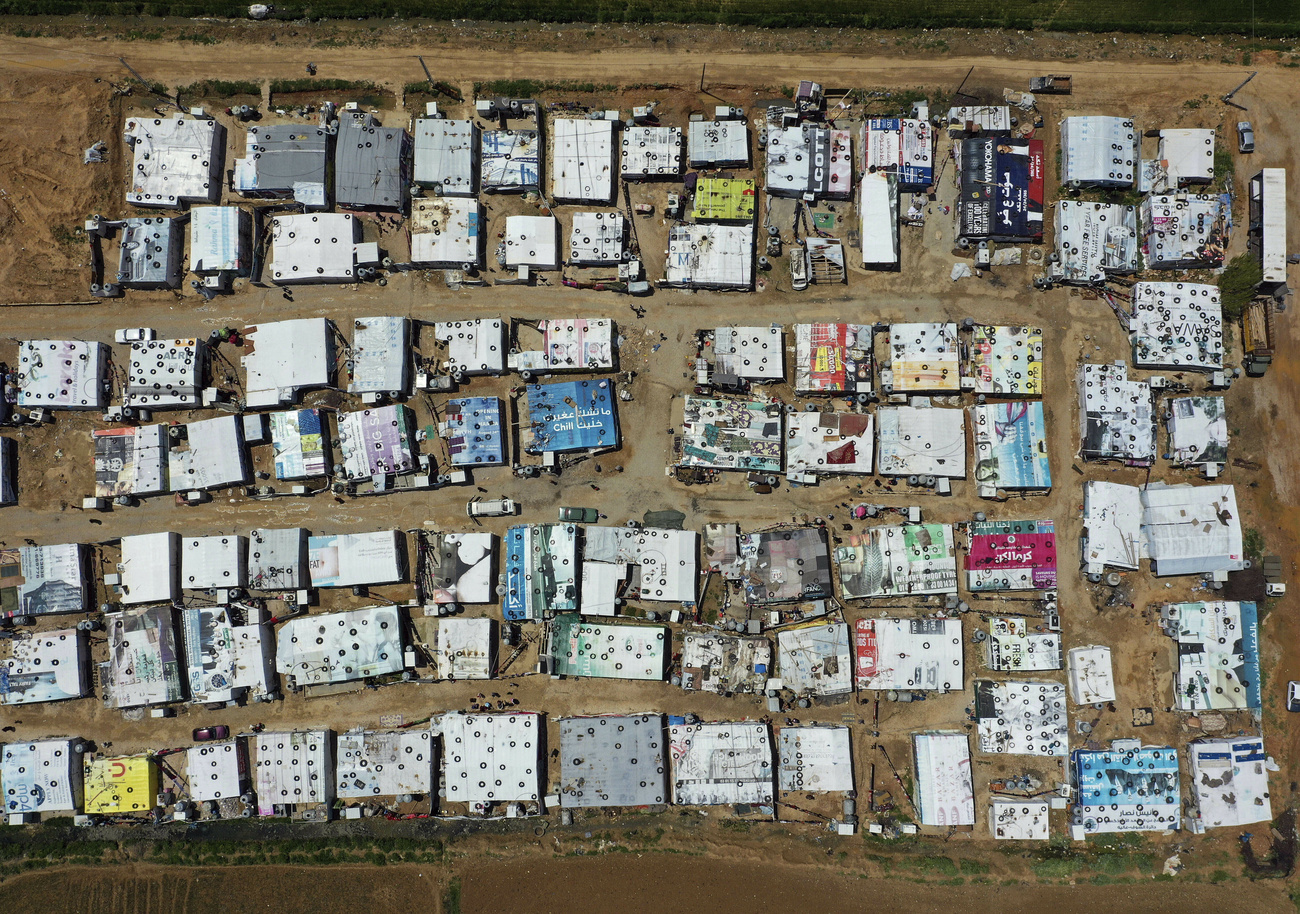
Consumers more likely to prefer insect-based foods if they’re expensive

A study led by researchers at the University of Bern suggests that consumers might be more tempted by insect-based food products, such as mealworm burgers, if they associate those products with high quality via a hefty price tag.
In May of 2017, Switzerland got the legal green light to retail insect-based food products, subject to legal and safety regulations, bringing it into line with the European Union. Later that year, Swiss retailer Coop debuted a mealworm-based burger.

More
Insect balls and burgers go on sale in Switzerland
But according to Swiss and German researchers, many people in Western countries are still bugged by the idea of eating insects, with attitudes of scepticism or even disgust preventing them from consuming such products.
The research team, led by Sebastian Berger at the University of Bern, conducted two consumer psychology experiments to find out whether the price of insect-based food products, like mealworm-burgers, might affect consumers’ preferences for them.
They found that insect products were more popular if labelled with “luxury prices”. The results, published in the British Food JournalExternal link, suggest that the general belief that buyers tend to associate higher-quality products with higher prices holds true even for insect-based foods.
“Our research shows that high-priced insect products are not only rated better, but that these evaluations are also applied to other insect products for which no price information is available,” Berger said in a press releaseExternal link on Thursday. This subsequent “spill-over effect” also resulted in a more positive attitude toward products containing unprocessed insects, such as truffles that contain visible pieces of mealworms.
The authors conclude that, perhaps counterintuitively, trying to boost consumption of insect-based food products by creating subsidies to make them cheaper might not be the best approach. While more expensive prices may negatively impact demand in the short term, they say, higher prices might help change consumers’ attitudes toward insects over the longer term.
“Since many of these people like to eat lobster or crab – despite the insect-like appearance – it’s possible that this negative attitude towards eating insects could change,” Berger concluded.

More
Insect eating goes legal in Switzerland

In compliance with the JTI standards
More: SWI swissinfo.ch certified by the Journalism Trust Initiative































You can find an overview of ongoing debates with our journalists here . Please join us!
If you want to start a conversation about a topic raised in this article or want to report factual errors, email us at english@swissinfo.ch.